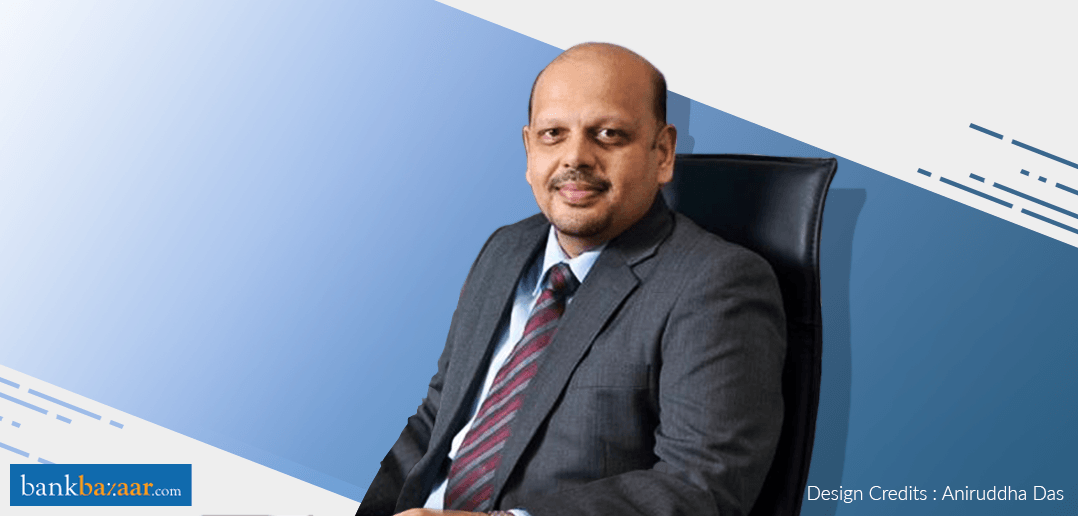Read on to find out how our General Counsel, Mr Parag Mathur, holds his own on the overarching importance of Aadhaar.

Aadhaar has achieved near universality as it provides identification to more than 1.2 billion Indian residents. Its scale, ability to uniquely identify individuals and
Finance Minister Arun Jaitley recently wrote, “The Supreme Court has upheld the whole concept of unique identity and rejected the challenge that it violated the Right to Privacy. It was held that Aadhaar meets the concept of constitutional trust, limited government
Additional Reading: The Aadhaar Verdict: What It Means For You
Before Aadhaar, there existed no way to digitally enable financial inclusion, especially for the excluded ones who often lack authentic identity papers. Aadhaar came as a
Additional Reading: e-Aadhaar Gets A Digitally-Signed QR Code With Photo Upgrade
Aadhaar brought to the fore several important issues for the cause of financial inclusion. It has made the delivery of financial subsidies and services more efficient by plugging leakages, weeding out frauds, and de-duping identities. Alternative IDs like PAN, passport, and driver’s license have limited reach and do not have the digital capabilities of Aadhaar. Also, the excluded to whom banking services need to be reached are unlikely to have a PAN or passport. Further, these alternatives are at risk of
However, in Aadhaar’s case, there is the Unique Identification Authority of India (UIDAI) to ensure appropriate use and protect the fundamental right to privacy of any individual. Therefore, we need to ensure that this platform is used for the larger good while managing risks.
Additional Reading: Must Know: How To Secure Your Aadhaar Biometrics
Further, Aadhaar’s digital usage (e-KYC) has been an enabler of inclusion. By the most optimistic estimates, only about 70 crore Indians have some sort of Savings Account. The remaining 50-60 crore will continue to remain outside the formal institutions of finance without Aadhaar. Unless the excluded are provided with the platform to invest and save, it is, in essence, inequality.
The government of India — Reserve Bank of India, National Payments Corporation of India, and UIDAI — have laid foundations for the integration of Aadhaar into the financial ecosystem. With Aadhaar, the excluded has
Additional Reading: Everything That Is Now Aadhaar-Linked
American philosopher John Rawls said, “That from the moral point of view, the most distinctive feature of human nature is our ability to freely choose our own ends. It follows, on his account that the state’s first duty with its citizens is to respect this capacity for autonomy — to let them live life according to their own lights”.
Even the Supreme Court has upheld that a person can voluntarily offer Aadhaar as proof of their identity. Hardayal Prasad, Managing Director & Chief Executive Officer of SBI Card said, “We believe that privacy right of any citizen should be secured. The Supreme Court’s decision to restrict
American philosopher John Rawls said, “That from the moral point of view, the most distinctive feature of human nature is our ability to freely choose our own ends. It follows, on his account that the state’s first duty with its citizens is to respect this capacity for autonomy — to let them live life according to their own lights”. Even the Supreme Court has upheld that a person can voluntarily offer Aadhaar as proof of their identity. Hardayal Prasad, managing director & chief executive officer, of SBI Card said, “We believe that privacy right of any citizen should be secured. The Supreme Court’s decision to restrict use of Aadhaar authentication to cases where customer voluntarily supplies Aadhaar is an important step in this direction. We welcome the government’s decision to amend the Aadhaar Act and the Prevention of Money Laundering Act (PMLA) to allow Aadhaar authentication in voluntary use cases. This will provide an impetus towards achieving digital and transparent economy while increasing convenience for customers. However, in its current form, the PMLA amendments only cover banks and exclude other Regulated Entities such as NBFCs which are also required to carry out KYC. For a more widespread impact, in our opinion, it should cover all Regulated Entities. We hope that the government takes cognizance of the matter and expedites inclusion of all regulated entities including non-banking financial corporations for granting voluntary authentication facility.”
Aadhaar is well and truly the only way forward for digital financial inclusion.
This article was originally published in the Business Standard.